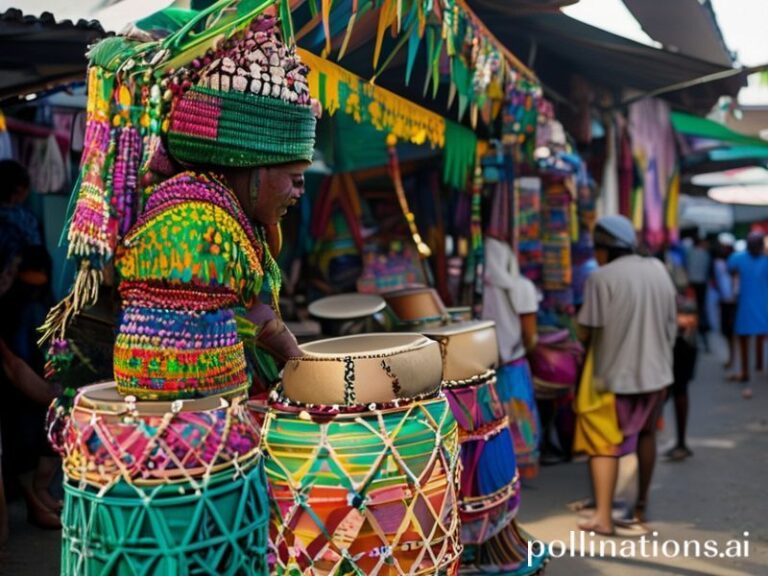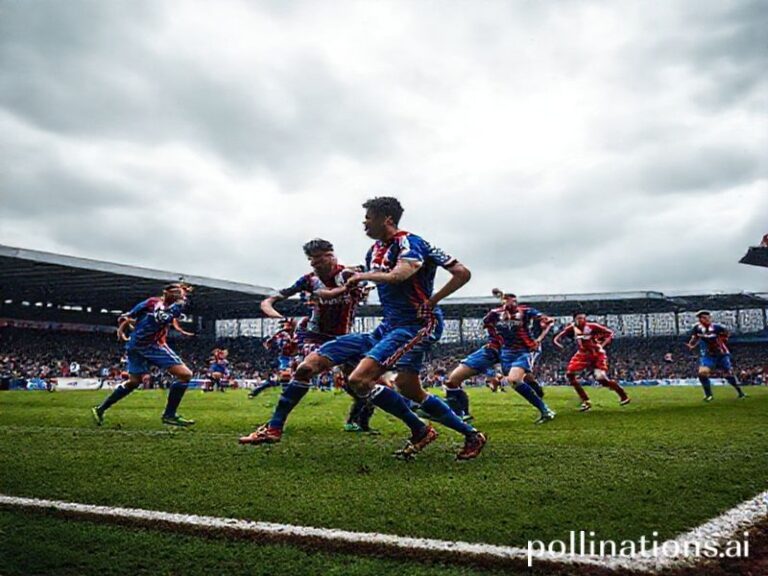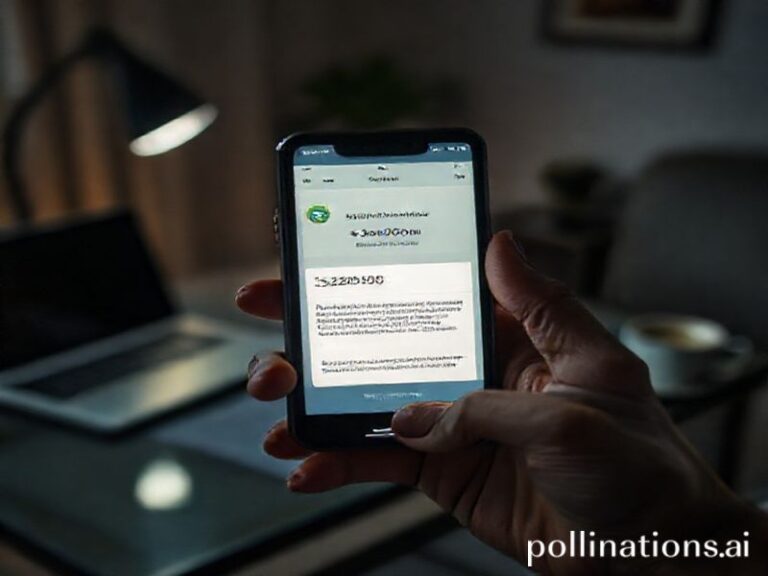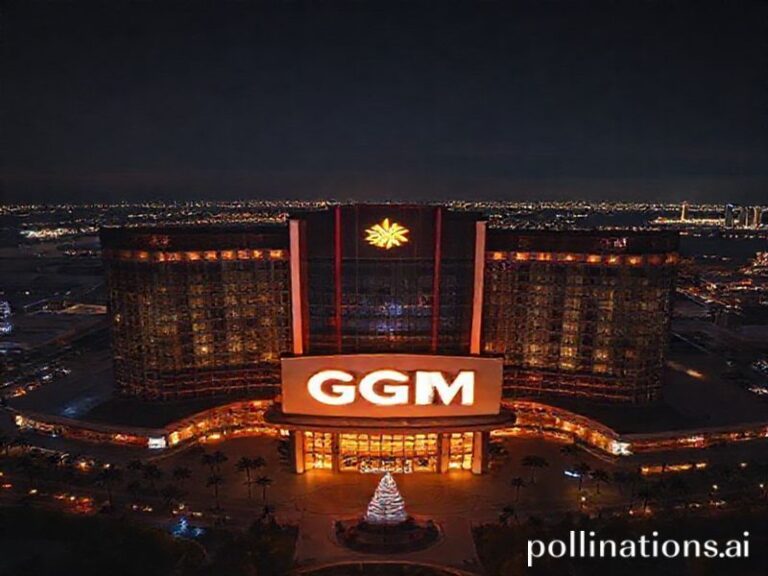Basque Resistance: How Athletic Bilbao’s Hyperlocal DNA Fractured Football’s Global Empire for One Night
Athletic Club 1–0 Girona: A Basque Brick in Football’s Global Glass House
By our man in Bilbao, nursing a sidra hangover and a mild existential crisis
Last night, at a rain-softened San Mamés, Athletic Bilbao did something that, by 2024 standards, felt almost rebellious: they won a football match without a sovereign-wealth fund, a petro-dollar academy in Qatar, or a cryptocurrency sleeve sponsor. Instead they relied on 19-year-old winger Nico Williams, a single lightning cut-back, and the sort of collective stubbornness normally reserved for French farmers blocking motorways. The 1–0 victory over Girona was more than three points; it was a small act of cultural vandalism against the sport’s ever-expanding theme-park model.
For the uninitiated, Girona arrived in the Basque Country as La Liga’s newest Silicon Valley subsidiary. City Football Group—think of it as Disney, but with more GPS vests—owns 47 percent of the Catalan club, plus controlling stakes in five other teams from Montevideo to Mumbai. Their scouting spreadsheet has better air miles than most foreign correspondents. Girona’s starting XI featured a Brazilian on loan from Troyes, a Ukrainian who last saw winter in Hamburg, and a Venezuelan whose passport stamps read like a Lonely Planet index. They play charming, high-wire football, the kind that gets analytics nerds misty-eyed and defenders clinically depressed.
Athletic, meanwhile, still insist on the quaint notion that players should be able to trace at least one parent or grandparent to a Basque postcode. In an age when national borders are considered optional inconveniences—ask any oligarch’s yacht—Athletic’s policy is treated either as heroic cultural preservation or the sporting equivalent of a “No Vacancy” sign written in Comic Sans. Either way, it makes transfers wonderfully uncomplicated: you either qualify at birth or you don’t. Their sporting director spends more time on 23andMe than on Wyscout.
The game itself unfolded like a microcosm of Europe’s wider anxieties. Girona hogged 62 percent possession, completing more passes than a TikTok influencer on deadline. Yet every intricate carousel ended with the same punchline: facing a wall of red-and-white flesh assembled from the iron ore of nearby Vizcaya. Athletic defended like men who’ve read the fine print on a dodgy mortgage: nothing past, nothing through, everything cynically recycled. The goal arrived on 73 minutes when Williams—whose parents crossed the Sahara to reach the Spanish coast before he was born—outsprinted Girona’s French-Ivorian right-back to the byline and cut the ball back for Gorka Guruzeta, a forward whose surname sounds like a sneeze and who celebrated as if he’d just been cleared of tax evasion.
Cue global ripples. In Singapore, a hedge-fund bot recalibrated Girona’s Champions League probability from 34 percent to 19 percent. In Manchester, Pep Guardiola reportedly asked his analysts to “download the Athletic DNA” (good luck with the GDPR). And in Riyadh, someone Googled “buy Basque players” only to discover the concept is hereditary, not transactional. The result also nudged Real Madrid three points closer to another inevitability parade, which is the closest Spain gets to political stability these days.
But the wider significance lies in the contrast: a small, identity-obsessed province temporarily jamming the gears of football’s homogenizing machine. The victory won’t stop NFT ticketing or halftime drone shows, but for ninety-odd minutes it reminded viewers that local mythologies still have teeth. In a world where even your fridge is trying to sell you a subscription service, there’s something perversely comforting about a club whose greatest transfer coup is convincing the neighboring village’s left-back his destiny lies 40 kilometers up the road.
Athletic now sit fifth, dreaming of Europe while Europe dreams of a new Super League. Girona lick their wounds and fly to Manchester for a midweek “strategic alignment workshop,” which sounds suspiciously like being told to smile for the group photo. The rest of us are left with the usual takeaway: talent is global, money is orbital, but occasionally—just occasionally—stubborn provincialism kicks you in the shins and refuses to apologize.







